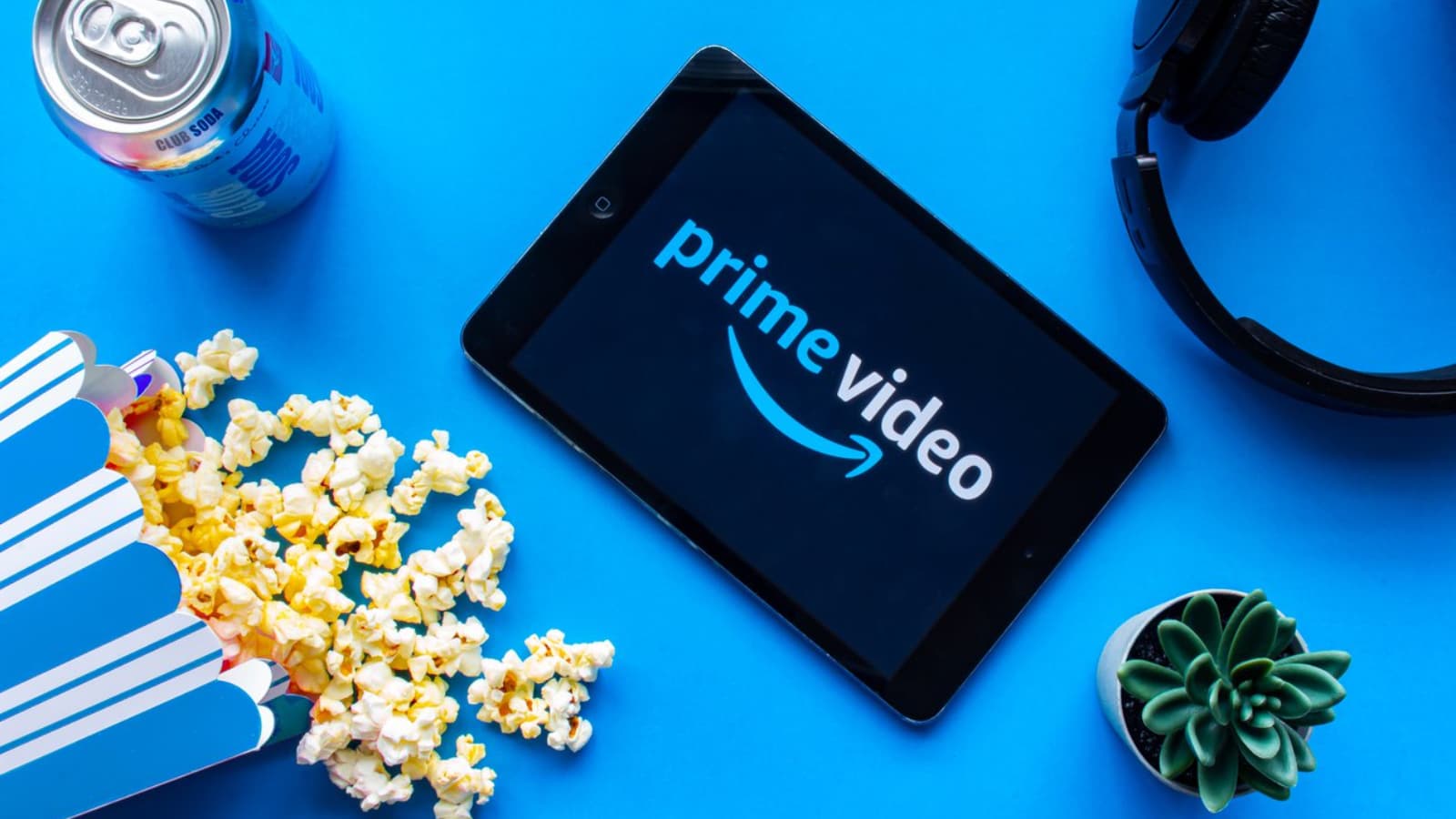Prime Video Slammed For ‘Questionable’ Approach In Africa As It Makes Cutbacks

Reactions have trailed news that Amazon Prime Video, the global streaming giant, is reportedly downsizing its operations in Africa, raising concerns about its commitment to the region and drawing criticism for its perceived questionable approach.
According to a recent report by Variety, the platform is laying off staff and scaling back local content production to refocus on its European market. As a result, its operations in Africa, as well as the Middle East, are on the chopping block, the report suggests.
While the streaming platform will remain available to users in affected regions, this decision marks a U-turn on its earlier ambitions of becoming the leading streaming platform in Africa; a goal that initially saw Prime Video commit resources to set up local teams in Nigeria and South Africa and land partnerships with local studios.
Insiders and industry stakeholders are not holding back in expressing their views on Prime Video’s foray into the African market, taking to social media to share their thoughts. Critics argue that the streaming service entered the scene without an adequate sense of direction, commissioning projects without a clear strategy.
Prime Video has scored some success with a few of its commissioned local titles, most notably Gangs of Lagos which quickly became one of the most-viewed films on the platform. But there have been significant shortcomings, its critics say.
One major critique revolves around Prime Video’s marketing approach. Stakeholders argue that the platform seemingly assumed audiences would naturally gravitate towards its content without actively promoting or marketing its projects.
Complaints have surfaced about the platform’s reluctance to communicate release dates and other essential information, leaving users puzzled about its intended audience. Additionally, there are indications that picking Ned Mitchell; an American, for the role of Head of Originals – Africa & Middle East, as opposed to a more familiar, insider figure, hasn’t inspired sufficient confidence.
Furthermore, insiders suggest that Prime Video’s engagement with local content creators lacked clear directives, raising questions about the overarching goal of its content acquisition strategy. As the streaming giant retreats from sub-Saharan Africa, the impact on local production studios and the broader ecosystem remains uncertain.
The conversation among industry insiders also raises broader questions about the viability of the African streaming market. Despite projections indicating substantial growth, challenges persist, with Netflix and Showmax currently dominating with a combined 75 percent share in a market with a few million paying users. The recent closure of platforms like Video Play, Telkom One, and Kwese TV adds to the doubts faced by streaming services on the continent.
Insiders emphasize the importance of understanding the economic realities of the average African consumer, noting macroeconomic headwinds that erode income levels and deplete the earnings of businesses. For instance, alarming levels of currency depreciation and inflation have battered the Nigerian economy in the last few years.
While the market is vast, the segment that can afford premium streaming services is relatively small. This reality, coupled with what some describe as a lack of strategic planning by Prime Video, raises doubts about the sustainability of the streaming business model in Africa.
A crucial aspect that has also been highlighted is Prime Video’s positioning in markets without a core Amazon e-commerce presence. Users point out difficulties in creating accounts, navigating the system, and even accessing certain Amazon services in the region. This, combined with the platform’s limited standalone content compared to Netflix, underscores the challenges it faces in appealing to African audiences.
The critiques from industry insiders shed light on Prime Video’s questionable approach to the African market, described as FOMO-driven and poorly executed.
The streaming giant’s retreat prompts reflection on the complexities of the African streaming landscape. As the market continues to evolve, stakeholders are left wondering if other streaming giants, including Netflix, might reconsider their expansion plans in the region.
Featured Image Credits: Robots.net